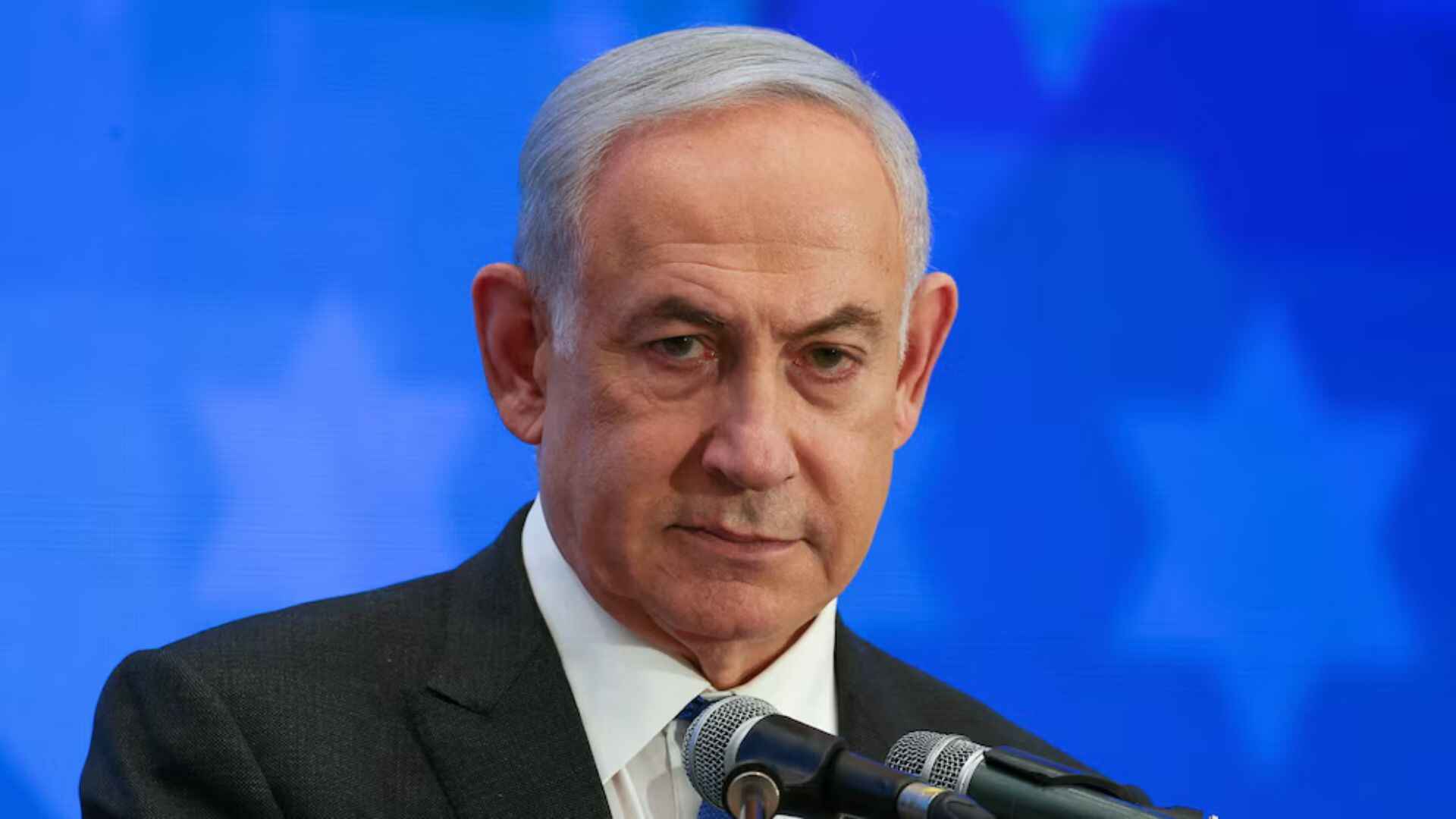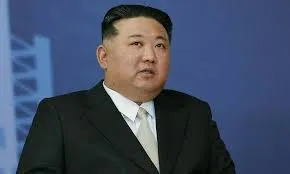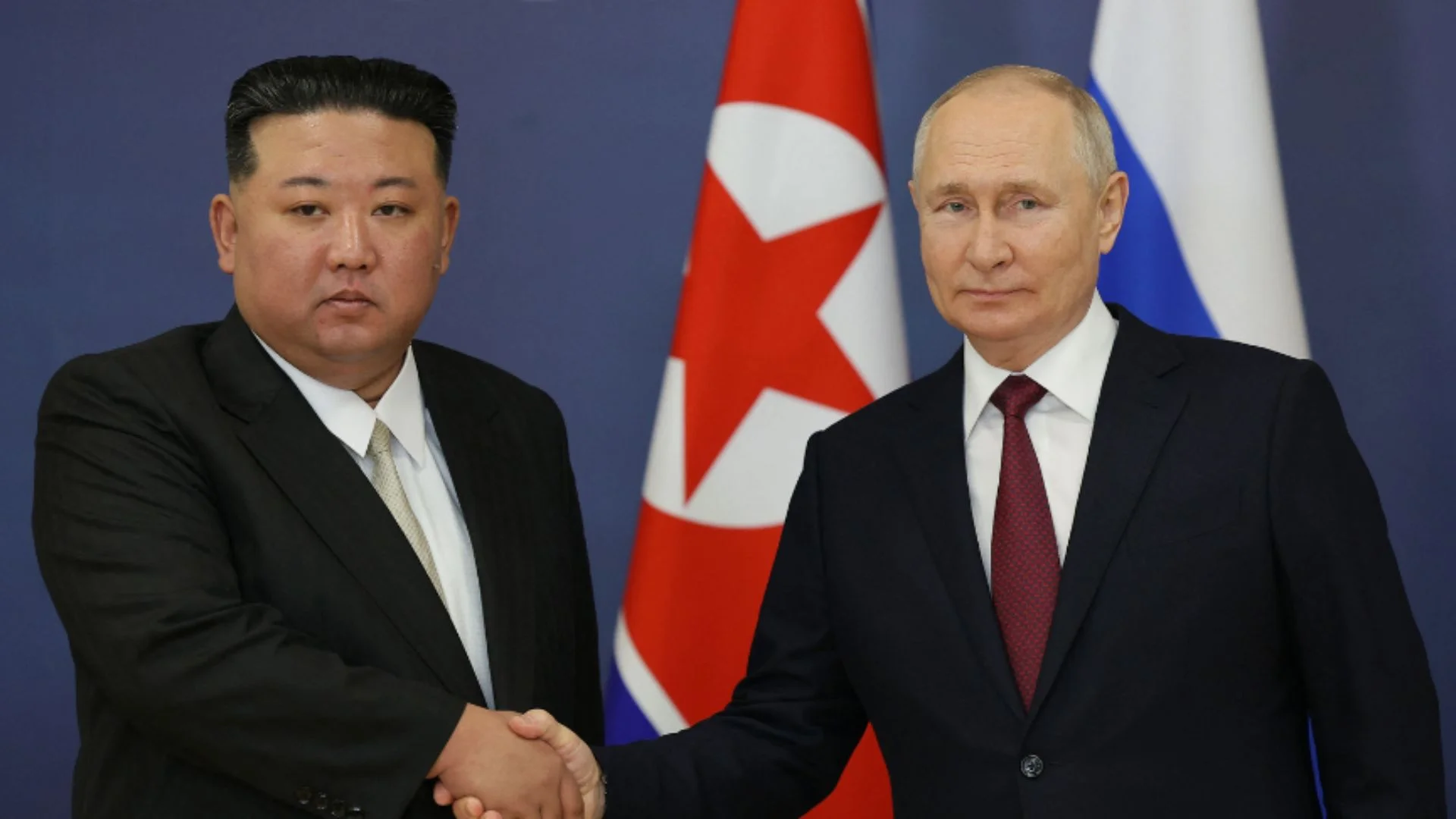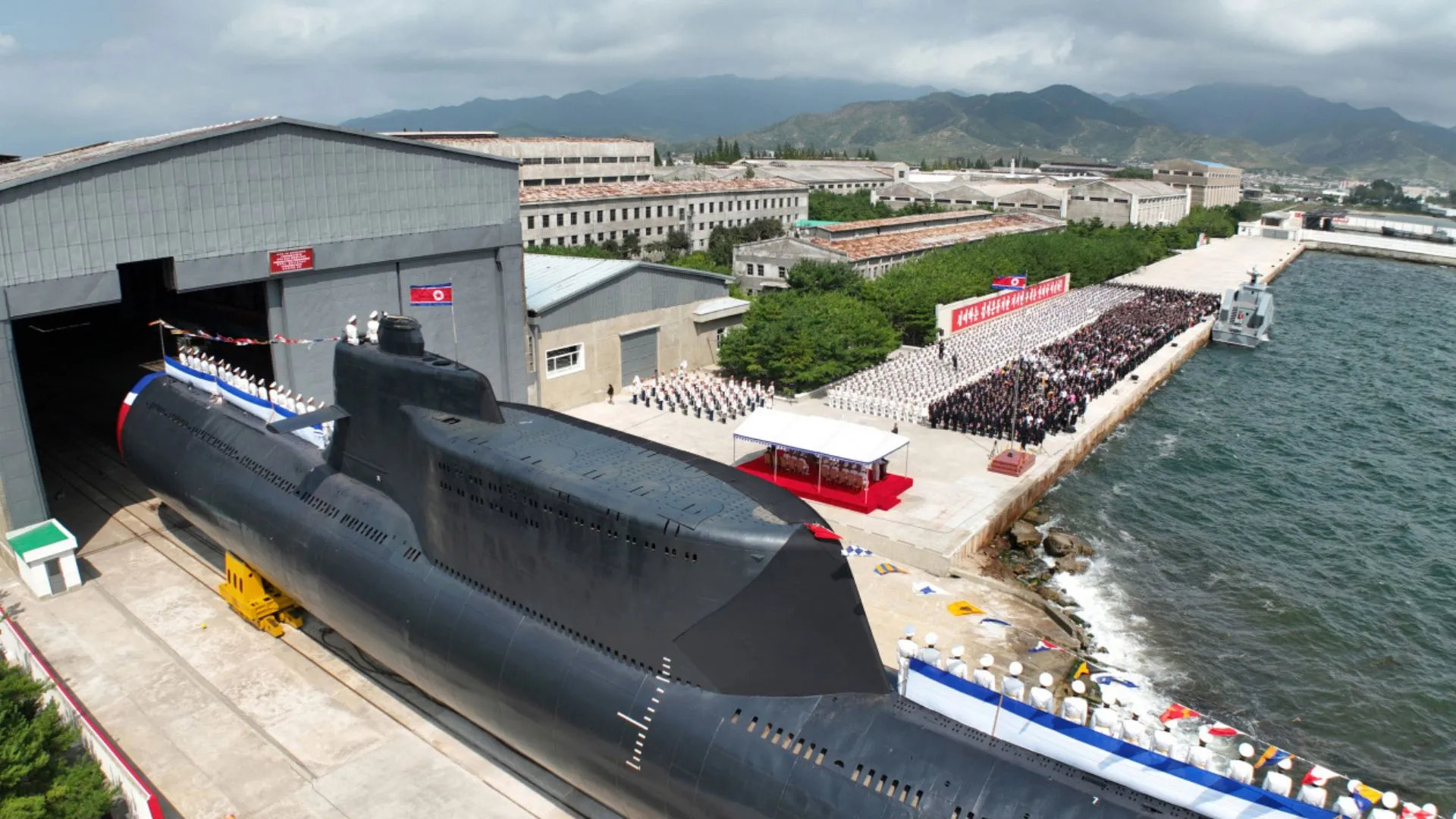In a dramatic escalation of tensions in the Middle East, Iran launched nearly 200 missiles into Israel late Tuesday, targeting military and radar installations. The attack, the latest in the longstanding conflict between the two nations, has prompted a stern response from Israeli Prime Minister Benjamin Netanyahu, who warned Tehran would “pay for it.” The missile barrage comes amidst rising concerns that the conflict could spiral into a broader regional war.
The missiles, which lit up the night sky across Israel, were intercepted by Israeli defense systems, and air raid sirens sent civilians scrambling into bomb shelters. The attack comes on the heels of increasing hostilities involving Iran, Israel, and their allies in the region. Here are the latest updates on the unfolding situation:
Key Updates on Iran’s Attack on Israel:
- Iran Launches 200 Missiles at Israel
Iran fired a barrage of nearly 200 missiles targeting Israeli air and radar bases late Tuesday. The attack is part of a series of escalating actions in the years-long conflict between Israel and Iran. - Netanyahu Issues Strong Warning
Israeli Prime Minister Benjamin Netanyahu responded to the missile strike with a vow of retaliation. “Iran made a big mistake tonight, and it will pay for it,” Netanyahu said as he convened his Security Cabinet for an emergency meeting. - Air Raid Sirens Across Israel
The missile attack triggered air raid sirens across large parts of Israel, forcing residents to take cover in bomb shelters. The Israeli military reported that many of the missiles were intercepted by its defense systems. - Iran Claims Success, Israel Denies
Iran’s Revolutionary Guard claimed that 90% of the missiles successfully hit their targets, which included air bases and security installations. Israeli officials, however, stated that the attack largely failed due to their defense systems. - Minimal Casualties Reported in Israel
Despite the intensity of the missile barrage, Israeli authorities reported minimal casualties. Only one person, a Palestinian man in Jericho, was confirmed dead as a result of the attacks. - U.S. Supports Israel, Threatens Retaliation
U.S. President Joe Biden reaffirmed his administration’s support for Israel and stated that U.S. forces were assisting Israel in its defense. Biden indicated that the U.S. is in discussions about how to respond to the Iranian aggression. - Iran Declares End to Missile Attack
Iran declared early Wednesday that the missile strikes were over unless further provoked by Israel. In a statement, Tehran defended its right to retaliate for the killing of senior Hamas and Hezbollah figures, blaming Israel for the violence. - UN Security Council to Meet Amid Rising Tensions
The United Nations Security Council has scheduled an emergency meeting for Wednesday morning at the request of France and Israel. The meeting is expected to address the potential for a larger regional conflict. - Celebrations in Iranian Cities
Iranian state media broadcasted celebrations in cities such as Tehran, Arak, and Qom, where people took to the streets in support of the missile attack. The images showed growing national pride in what is being perceived as a significant blow to Israel. - Separate Tel Aviv Attack Kills Six
Just hours before the missile barrage, a shooting in Tel Aviv’s Jaffa neighborhood left six people dead. Israeli police confirmed that the two gunmen were also killed, adding further tension to the already volatile situation in the region.
Escalating Regional Tensions
The missile strikes represent a dramatic escalation in the ongoing conflict between Iran and Israel, which has seen numerous flare-ups in recent years. Both countries have accused each other of destabilizing the region, with Israel frequently targeting Iranian-backed militias in Syria and Lebanon. With the involvement of regional and international powers, there are growing fears that the conflict could spread further, threatening peace in the Middle East.
As the situation develops, global leaders and international bodies are watching closely, hoping to prevent the conflict from spiraling into a wider war.























